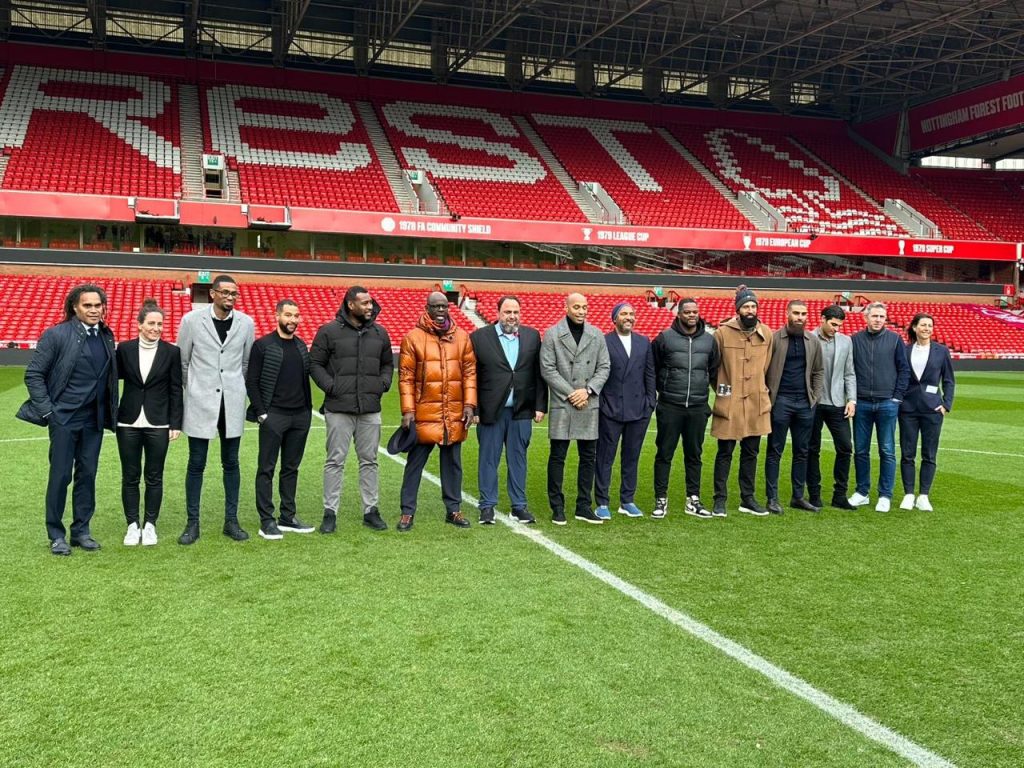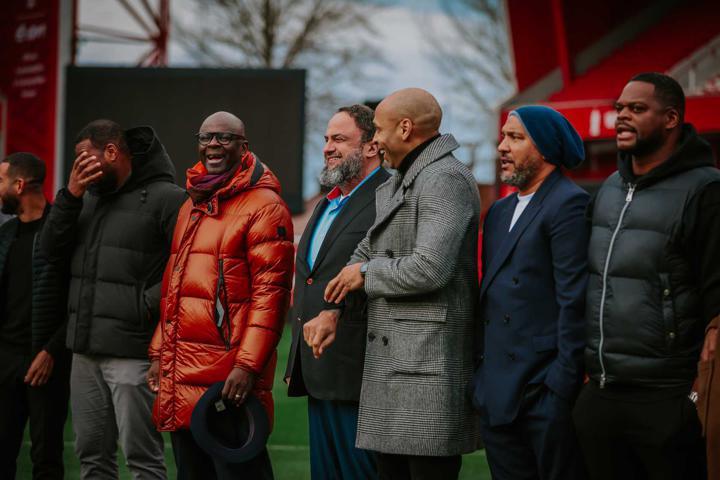Despite the progress that has been made in women’s sport, significant challenges remain, particularly in relation to equal pay, promotion and competition and training conditions. Women’s football is now at the center of the world stage.
“The Nottingham Conference”, which enjoyed the full support of Forest owner Evangelos Marinakis, was a unique initiative that signaled the need for change and actions to combat gender inequality in European football. These challenges, and solutions that could bring about an improvement in equality and participation in the sport, were the main focus of the conference.
The European Commission may be monitoring the situation closely, but discrimination continues to exist. EU policy requires at least 40% of non-executive board members to be women by mid-2026, as well as at least 33% of executive and non-executive Board of Director positions. This means women presidents, vice-presidents, members and directors in European sports confederations. These changes should also filter through into football. However, for the time being, they remain theoretical.
In addition, sexism remains a persistent problem in women’s sport, which hinders the athletes’ progress and detracts from equality. Despite some progress in the recognition and promotion of women’s sport and football in particular, gender biases and stereotypes still have a negative impact on how women are perceived in sport. Sexist comments and unjustified criticism of the performance of female athletes are still common, which leads to their achievements and talents being undervalued. Discrimination is common. Research by Women In Football found that two thirds of the women who work in football have experienced gender discrimination in the workplace, but that only 12% of these incidents were reported. In all, 82% of the respondents said they had faced gender barriers in their football career, with an almost equal number agreeing that they had been confronted with gender stereotyping in their career.

Moreover, 91.9% of the women surveyed said they have seen sexist abuse of women in football online, 63.1% said they had experienced such abuse themselves, and 58.4% reported being abused offline at a football ground or in a pub while watching football.
Sexism and misogyny with regard to football seem to permeate society at all levels, affecting fans and players alike. While greater efforts are being made to bring women’s football to a mass audience, constant unjustified comparisons continue to be made with the men’s game in terms of the quality and standard of play.
Persistent efforts through targeted awareness raising campaigns and a powerful reporting, punishment and action system can put an end to the systemic sexism, abuse, discrimination and misogyny that women face in football.
The Nottingham Conference saw ideas and proposals put forward that would lead to women’s sporting events being covered in a broader and non-stereotypical way in the media. It is essential that harassment, sexual abuse and violence are prevented and combated at every level. It is crucial that women’s opinions are taken into account and contribute to shaping the sport, its infrastructure and rules. Strategies. Societies in which women have the same opportunities as men are more likely to invest in women’s sport.
Promoting women’s football is about implementing specific strategies on and off the pitch to increase the general level of interest in, and knowledge of, the game. These embrace participation, media coverage, and appointments to vacant managerial positions in sports organizations and institutions. Although men’s football is more popular than women’s football in most countries, the more support women’s football receives and the higher the profile it enjoys, the less inequality there will be.



